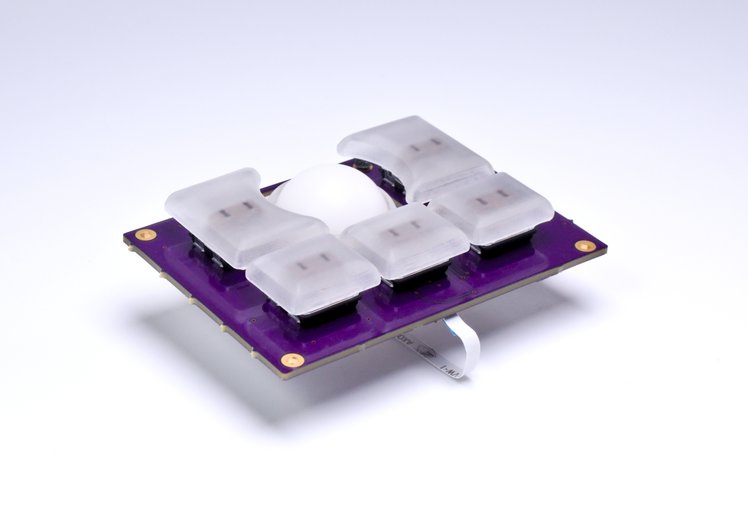The Reform laptop from Lukas and Greta at MNT Research in Berlin has now launched on CrowdSupply:

The open source DIY laptop for hacking, customization, and privacy
Mobile personal computers are becoming more and more opaque, vendor controlled, and hard to repair. Modern laptops have secret schematics, glued-in batteries, and components not under user control, like the Intel Management Engine or the Apple T2 security chip. Many people decide to tape over the built-in cameras of their laptops because they don’t know if they can trust the device or the software running on it.
Reform goes in the opposite direction. It is designed to be as open and transparent as possible, and to support a free and open source software stack from the ground up. It invites you to take a look under the hood, customize the documented electronics, and even repair it youself if you like. The Reform laptop has no built-in surveillance technologies, cameras, or microphones, so you can be confident that it will never spy on you. Built not around Intel technology, but NXP i.MX8M with 64-bit ARM Cortex-A53 cores, Reform has a much simpler architecture than conventional laptops. This simplicity also makes for a more pleasant developer experience.

We are excited to have helped MNT prototype parts of the Reform:
Trackball
The new Reform trackball has five buttons, so you don’t have to worry anymore about how to do a middle click or use the trackball as a scroll wheel (hold bottom left or right button and roll the ball up and down). Of course, because our trackball firmware is open source, you can adjust the button functions to behave exactly as you like. We developed a custom SLA-printed mechanical housing for the trackball. For the ball’s optical motion tracking, we are using a Pixart PAT9125EL laser sensor interfacing with a ATmega32U2 MCU with open source firmware.
Trackpad
If you prefer a trackpad over the trackball, you can choose it as an option. The trackball and trackpad are interchangeable modules. The trackpad is based on the capacitive multi-touch sensor module TPS65-201A-S by Azoteq. Like the trackball, we drive it with a custom ATmega32U2 PCB and our own open source firmware.
And it is excellent to see that it is certified OSHW:
Certifications
Reform is open source hardware certified by OSHWA (Open Source Hardware Association): DE000017.
Licenses are:
- CERN OHL-2.0-S (hardware)
- GPL 3.0 (software, firmware)
- CC-BY-SA 4.0 (documentation, artwork)

















![MNT Reform: Capacitive Trackpad Module]](https://www.crowdsupply.com/img/a393/20200428-reform-trackpad_jpg_project-body.jpg)






